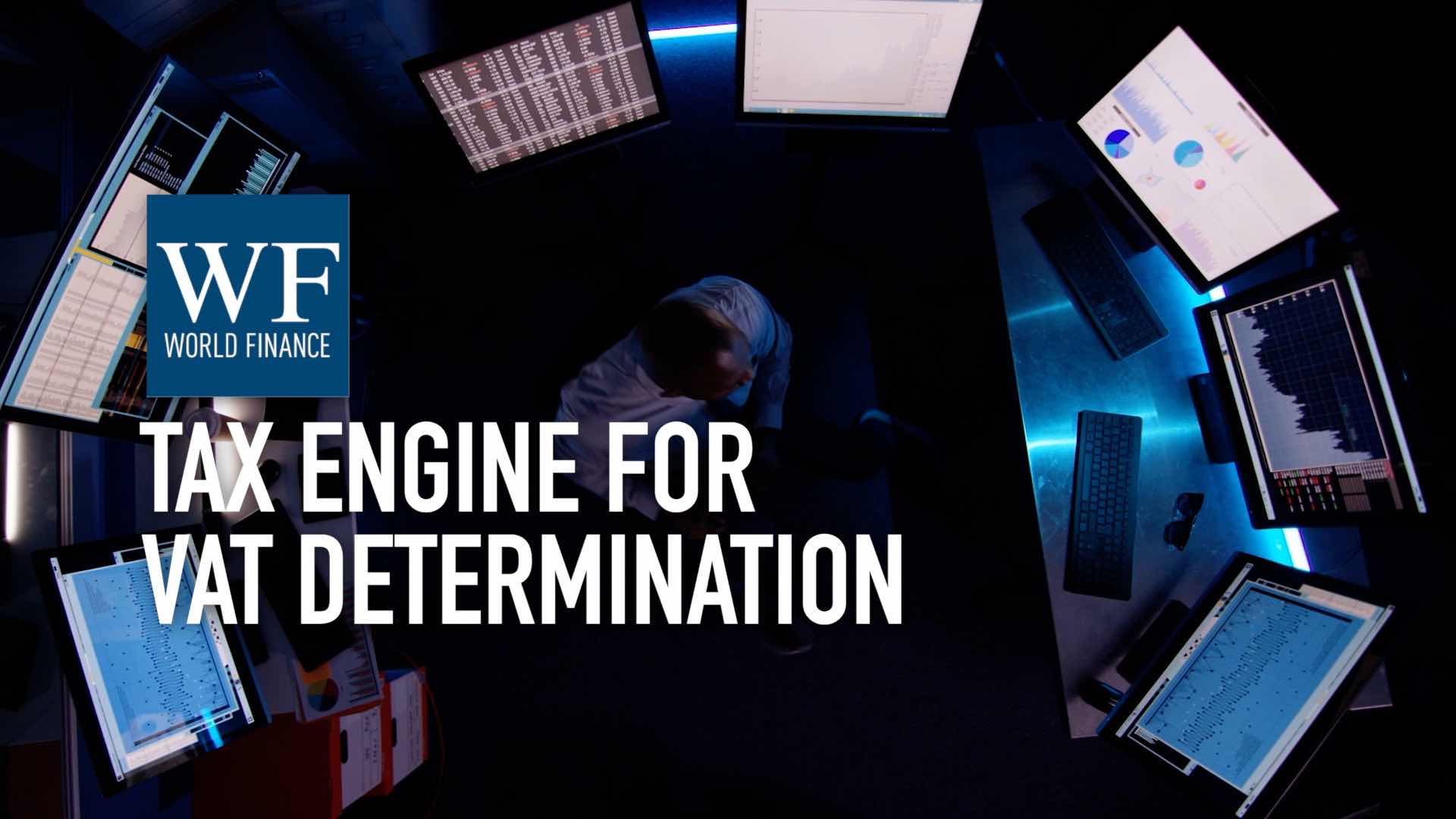Digital Service Taxes and how to challenge them | Vertex Exchange Europe 2019
They're supposed to be temporary measures – but the history of income taxation is full of temporary measures that became permanent, says Aleksandra Bal
Related:
Transcript
Tax technology specialists Vertex brought together tax professionals, solution experts, and its customers in Munich for its Vertex Exchange Europe event. World Finance interviewed half a dozen delegates for an update on Europe’s latest tax compliant challenges and technological advancements: you can watch them all in our Tax Automation with Vertex playlist on Youtube.
Aleksandra Bal: Digitalisation and new business models have created enormous challenges for international taxation.
We are at the crossroads. Several fundamental questions remain unanswered. How to tax digitally operating companies? Where to tax them? What to tax: profit, turnover, data, intangibles, user participation?
The OECD is driving the international debate on taxing the digital economy. It’s looking at various proposals, how to change the current tax system, hoping to bring 125 countries to a consensus.
We have been searching for a solution already since 2013 – and no solution has been found so far.
Some countries became impatient. They started thinking about implementing temporary measures to tax digitally operating companies. And one of the common temporary measures are digital services taxes.
Digital service tax proposals have been announced in many European countries: in France, in the UK, in Austria, Poland, and the Czech Republic – just to name a few. They are intended to be temporary measures; but if there is no global solution, they will become permanent. And the history of income taxation is full of temporary measures that became permanent.
So what will happen when we are faced with digital services taxes? Without a doubt, this will mean a huge compliance burden on companies.
Digital services taxes apply to turnover, not to profit. So you may generate losses in a country, but you’re required to pay those digital services taxes. And of course a question that many companies will be asking is, what to do about them? Are there any ways to challenge them? And yes there are – some of them are easier than others.
For example, there are good arguments to claim that digital services taxes would operate as de-facto tariffs, violating the WTO law. That means a country – for example the US – can make a WTO claim against the country that has introduced digital services taxes.
WTO cases and procedures take quite a lot of time to be resolved, so it may take two years or more. But there are also ways to challenge digital services taxes under EU law. There are good arguments to claim that these taxes violate the state aid rules and the fundamental freedoms.
State aid means benefits granted by governments on a discretionary basis – so it’s about selectivity. You cannot favour certain companies or certain sectors. And digital service taxes are all about selectivity. They apply only to big companies, and they apply only to certain activities.
The fundamental freedoms forbid discrimination based on nationality. Digital services taxes do not refer explicitly to nationality – but they refer to thresholds. They affect big companies. And big quite often means foreign. And that would mean that the prohibition on nationality discrimination is violated.
So there are ways to challenge digital services taxes. Some of the ways may be more simple than others, and what will happen in the end? We just have to wait and see.
Thanks for watching. Click now for more videos from Vertex Exchange Europe 2019, and please subscribe for the latest international business insights from worldfinance.com

 Vertex tax technology: Introducing SAP chain flow accelerator
Vertex tax technology: Introducing SAP chain flow accelerator Vertex tax technology: Why add a tax engine for VAT determination
Vertex tax technology: Why add a tax engine for VAT determination
